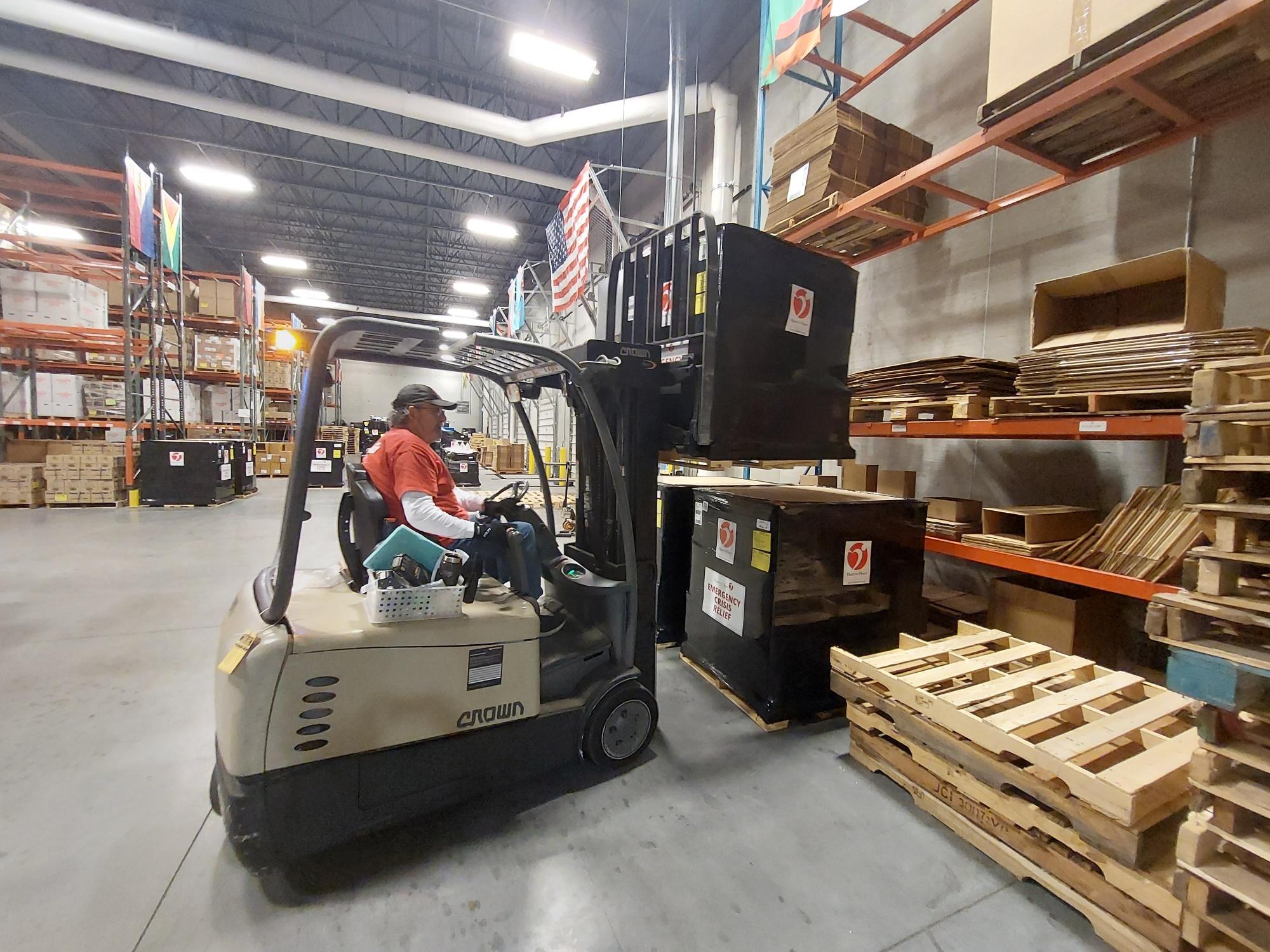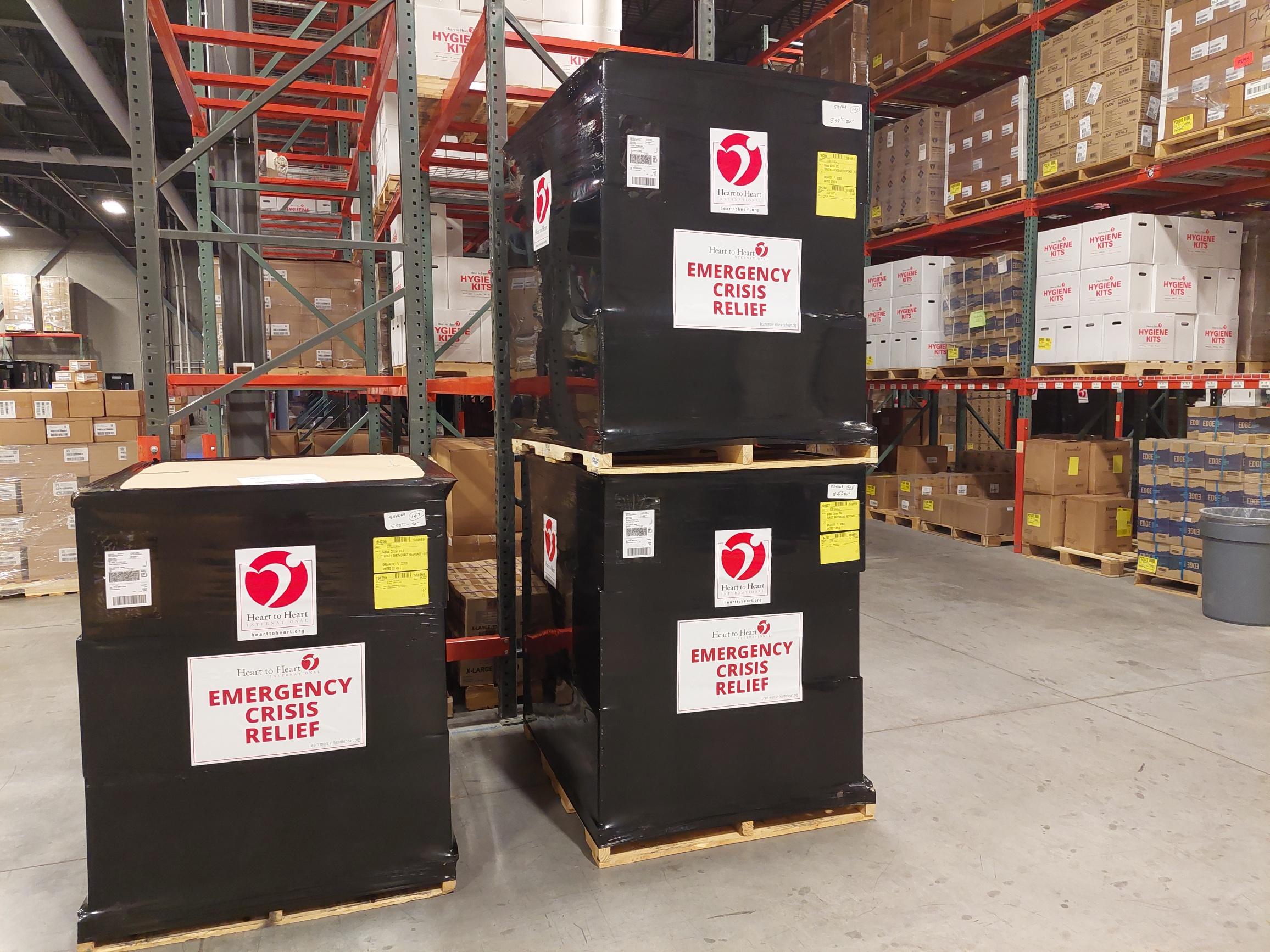A devastating 7.8 magnitude earthquake ripped through Türkiye (Turkey) and Syria around 4am local time on Monday, February 6, leaving destruction on both sides of the border. One of the strongest earthquakes to hit the region in a century, the quake killed more than 50,000 people and displaced more than 3.3 million. There have been more than 9,100 aftershocks, including a 7.5 magnitude aftershock.
Heart to Heart International’s disaster response team has mobilized an aid response:
- sending tens of thousands of hygiene kits
- distributing Trauma Emergency Surgery Kits, which have all the medications and supplies needed for hundreds of surgeries
- deploying stand-alone portable medical trauma clinics that will provide space for medical services as much of the medical infrastructure in the area has been decimated
- coordinating with partners in the region and other aid organizations to send the most-needed medicines and supplies
- including pain relief medicine, bandages, crutches, wheelchairs and other trauma-related supplies
Heart to Heart International is committed to continuing to deploy critical medicines and supplies necessary to help those survivors.
“HHI is helping partners on the ground as they help survivors find shelter and care, tending to the wounded and helping restore any sense of dignity and hope for recovery. We are sending medication, supplies, and hygiene items to help the wounded and displaced now, but we will also know that recovery is going to be a long and difficult road,” Christine Knudsen, Senior Vice President, Programs at Heart to Heart International, said. “That is why we are also going to send modular clinics to help until hospitals and clinics can be rebuilt long-term. We are sending wheelchairs and walkers and crutches to help people gain back their mobility. And we are looking at how to support psychosocial and mental healthcare for the children and families so that they can rebuild their lives out of the rubble.”
The World Health Organization is warning that diseases already present will be amplified, including cholera and respiratory illnesses.
“We’ve got a lot of people who have survived now out in the open and in worsening and horrific conditions,” Robert Holden, WHO incident manager for the earthquake response. “We are in real danger of seeing a secondary disaster which may cause harm to more people than the initial disaster if we don’t move with the same pace and intensity as we are doing on the search and rescue side.”


(Photo by ADEM ALTAN/AFP via Getty Images)
